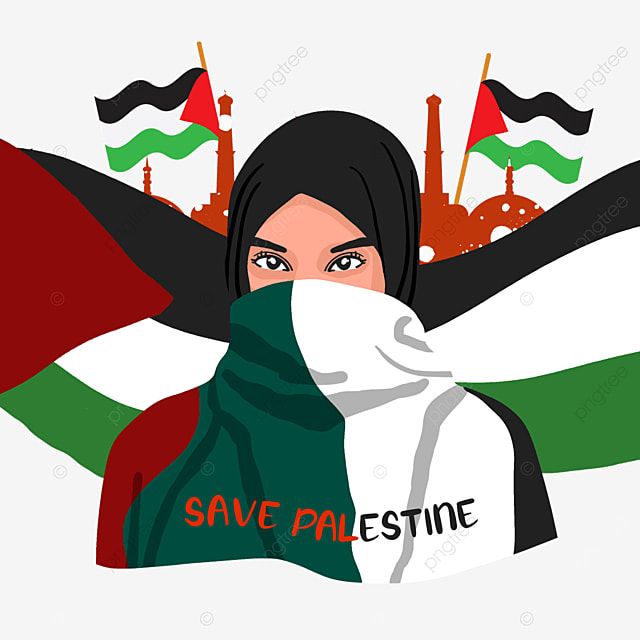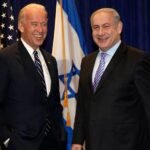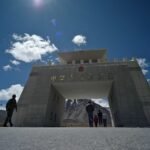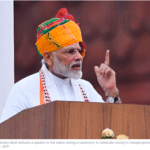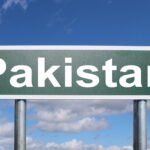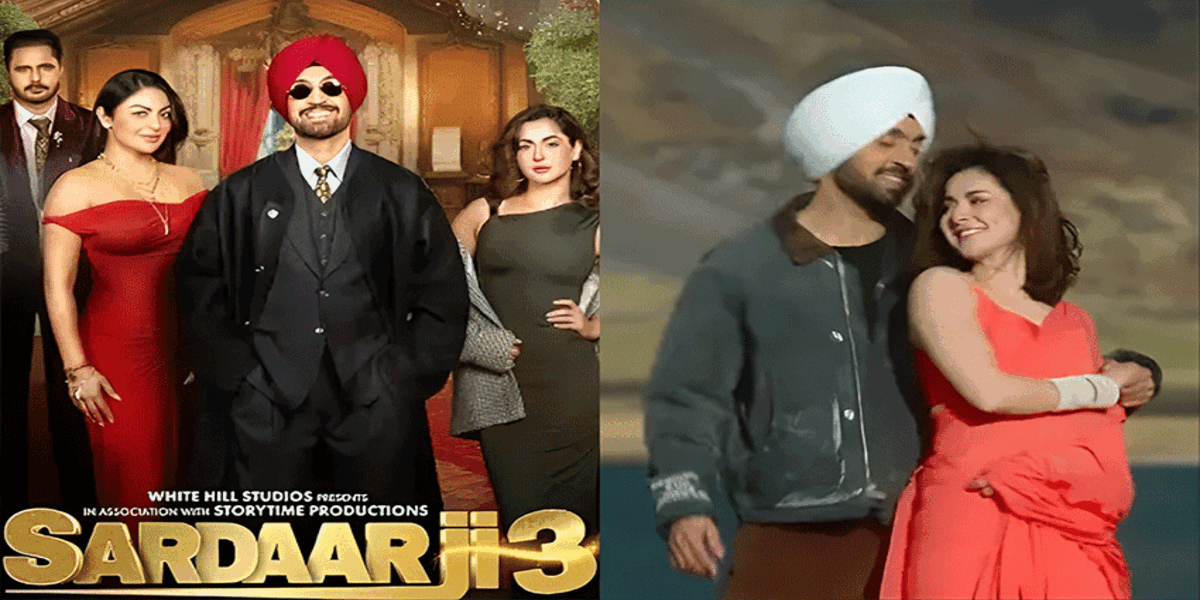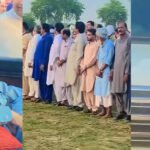In the midst of the ongoing conflict in Gaza, one thing has become abundantly clear: the term “peace” has become a loaded and divisive concept, skillfully wielded as a tool to silence the non-white world. We need to critically examine how this narrative is used by Israel and the West to maintain their interests and deny the oppressed their rightful freedom.
For far too long, the notion of peace has been manipulated to perpetuate the status quo, primarily for the white world. The call for “peace on both sides” is a veil that conceals the true intentions of the oppressors: they want Palestinians to stop resisting, to remain quiet, and in doing so, they maintain the oppressive systems that favor them. It’s not about Palestinians disrupting world peace; it’s about them disrupting the comfort of the white world, the settler colony of Israel, the US, UK, and Western Europe.
The narrative of peace serves to uphold a level of freedom for the West that has been built on the oppression of the non-white world. When the settler colony of Israel finally ceases its bombings, peace will be declared, but for whom? Not for Palestinians. Peace, in this context, implies that Palestinians continue to live under military occupation, apartheid, and the rule of a settler colony.
Consider the stark inequality manifested in the countless Israeli military checkpoints throughout Palestinian lands. These checkpoints, designed exclusively for Palestinians, restrict their movement, while Zionist settlers enjoy unhindered freedom. Thousands of Palestinians endure long hours waiting in line, subjected to searches, ID checks, bag searches, and even scans with metal detectors. All the while, Israeli guards, armed to the teeth, stand watch over them. This is a picture of peace, but it is a peace devoid of freedom and equality.
So, what is peace to the Zionist settlers? It means silencing the Palestinians, ensuring their compliance and submission to the oppressive system. Any form of resistance is swiftly labeled as terrorism, a convenient tool to delegitimize a just struggle for freedom.
In an ideal world, peace would be the ultimate goal. However, the current system is far from peaceful, as it was not founded on peace, and it is not maintained through peaceful means. This is why so many Palestinians assert, “We don’t want peace; we want freedom.” Peace cannot solve the occupation, the military blockade, or the rampant injustices Palestinians face daily.
This discussion extends beyond the borders of Israel and Palestine. The West’s support and funding of Israel make them complicit in the oppression. The West and Israel share historical parallels, as both nations were built on the suppression of indigenous populations. For instance, in the United States, peace for some means the silence of the Black community. Any resistance to a system founded on the enslavement of Black people is painted as a disruption of peace.
The same pattern repeats in South Africa and other former colonies. Natives were coerced into accepting colonization and the theft of their land under the guise of peace. The nature of colonization is rooted in the freedom of settlers built on the oppression of indigenous people.
MUST READ: Palestine: We don’t want peace, we want freedom
When discussing Palestine, especially on social media in times of conflict, we must not blindly accept the narrative of peace. To do so is to inadvertently blame Palestinian resistance for the issues at hand. Our demand is clear: the liberation of Palestine. We must not dilute this objective with excessive peace talk that serves only to obfuscate the core issues.
Admittedly, it is not easy to make such a statement in the West, as it may be misconstrued as advocating violence. However, this fear only underscores how peace is employed as a tool to suppress non-white voices. We must stand firm in our call for freedom, refusing to be cowed by those who would rather maintain the oppressive status quo. Peace is not enough; we want freedom, and it is time to make that unequivocally clear.


